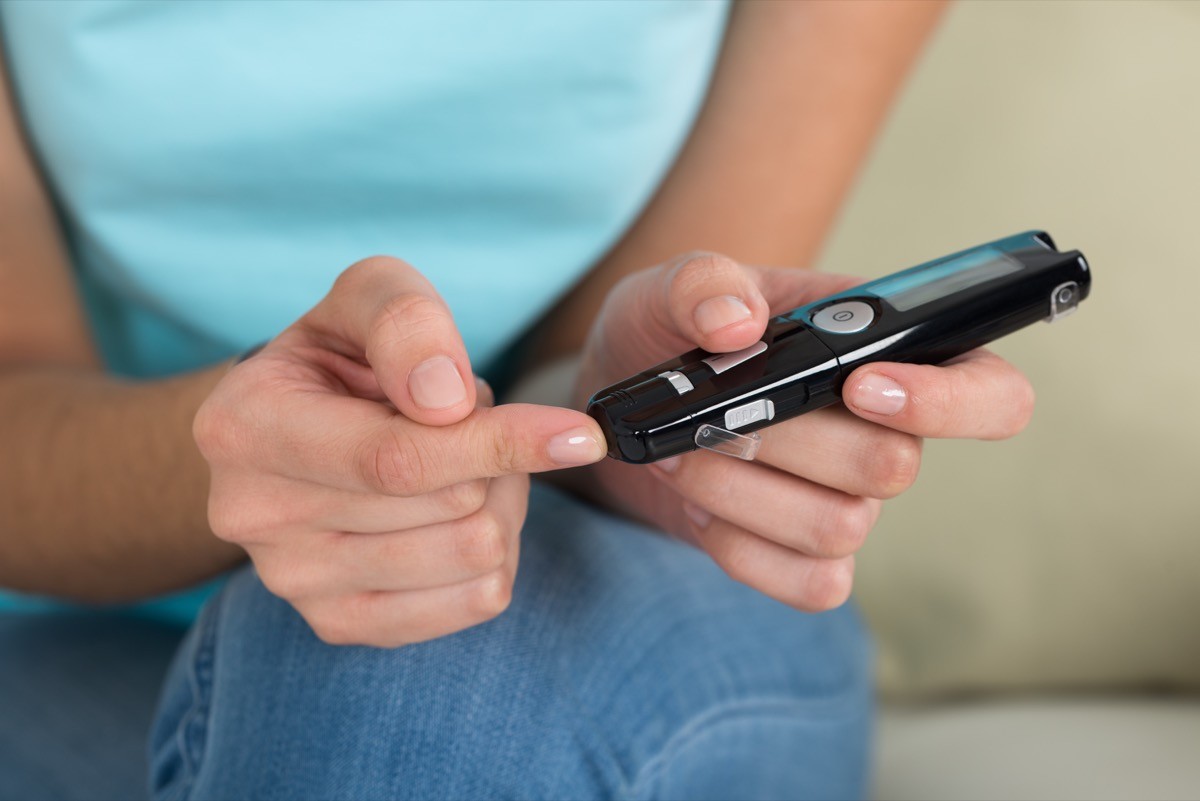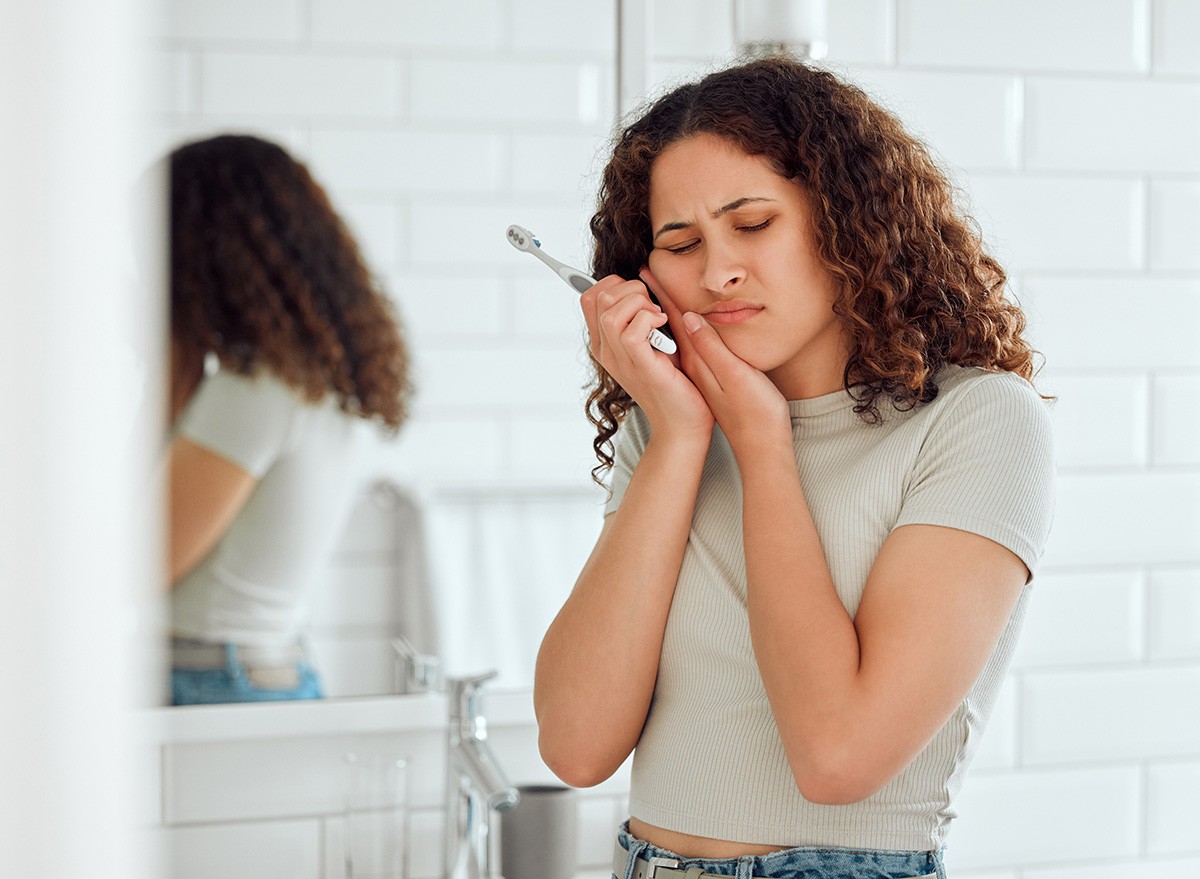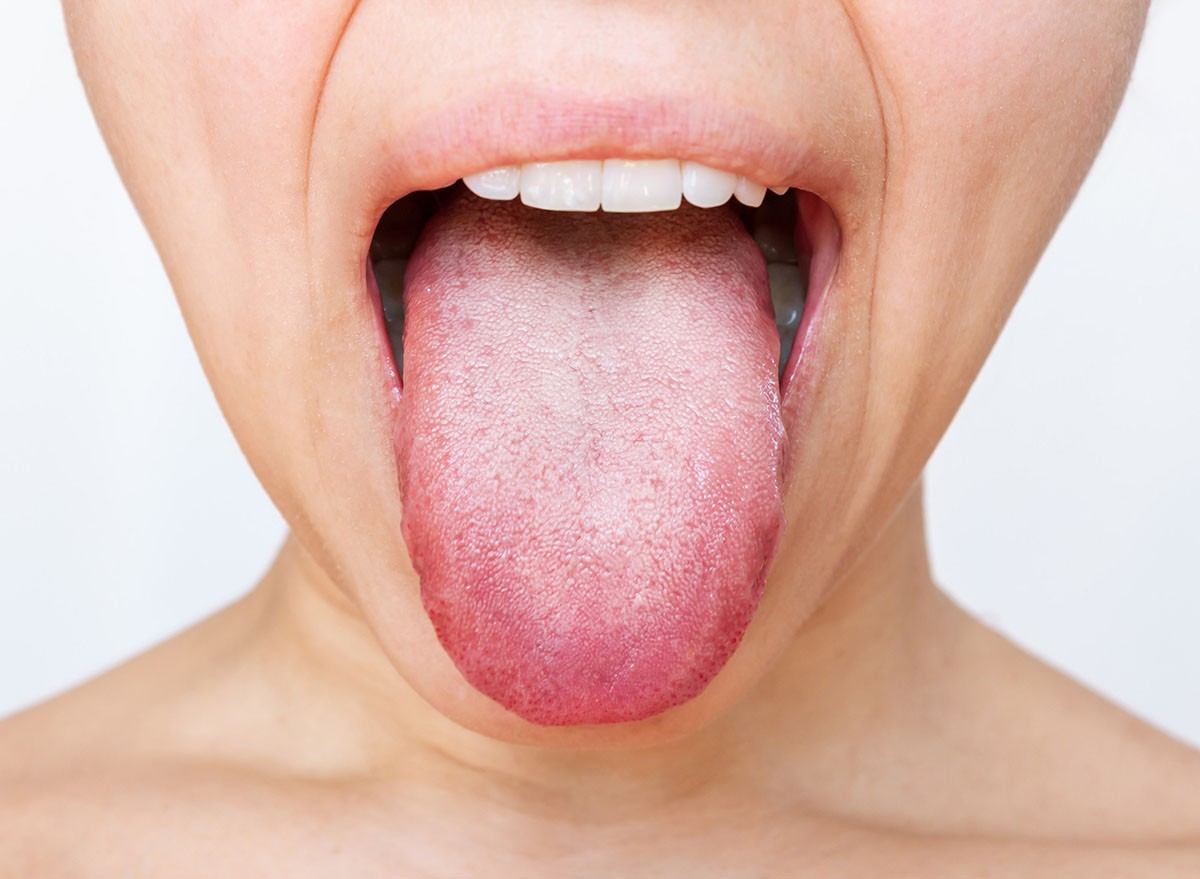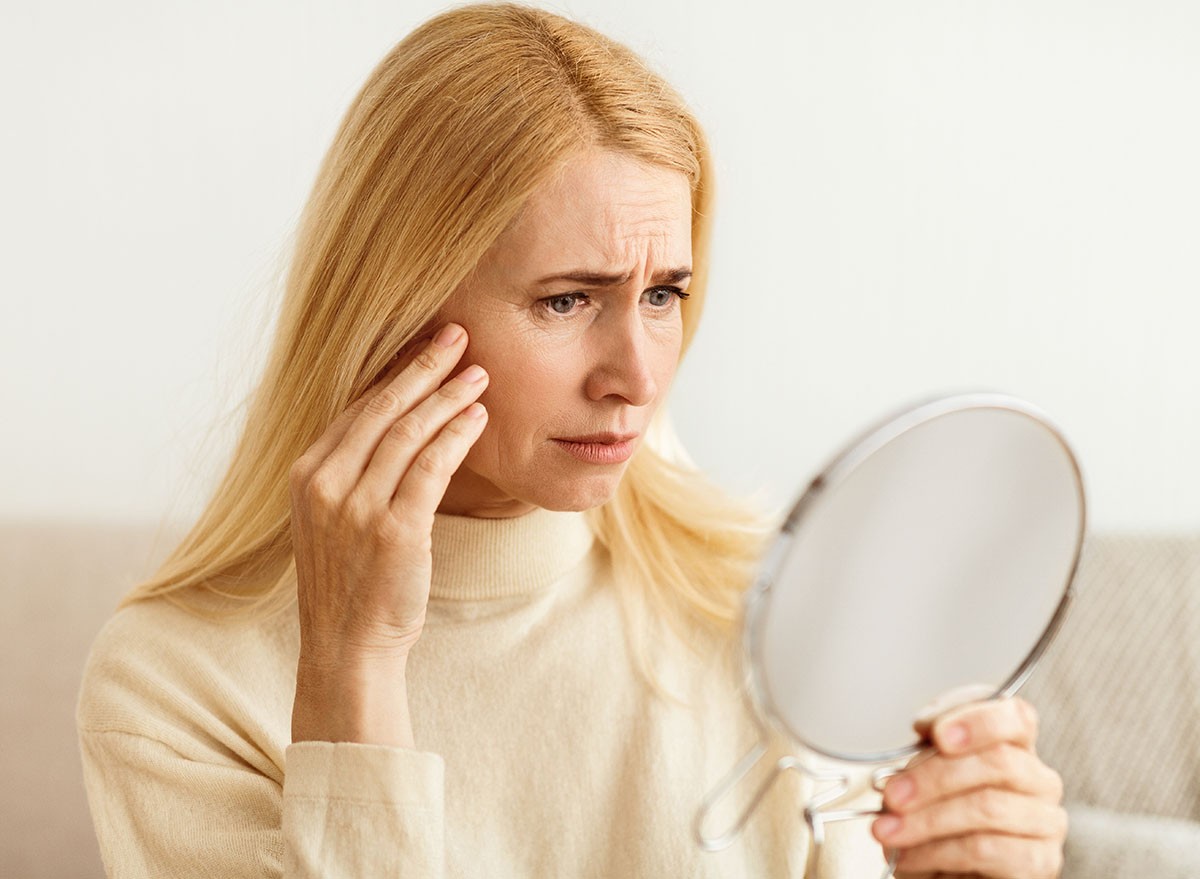Top Doctor Reveals 7 Hidden Signs You're Eating Too Much Sugar

Does your tongue have a persistent white coating? Or maybe you've noticed your skin becoming more wrinkled lately? These could be unexpected signs that you're consuming too much sugar. Dr. Eric Berg DC, a leading authority on nutrition and healthy weight loss, has helped millions understand the hidden dangers of excessive sugar consumption. With over 13 million YouTube subscribers and multiple bestselling books, Dr. Berg breaks down the surprising signals your body sends when sugar intake is too high. Read on to discover if you're experiencing any of these seven warning signs.
Before We Start What Counts as Sugar
"I need to clarify exactly what sugar is and the difference between a sugar and a carbohydrate," Dr. Berg says in his post, explaining that many people misunderstand the relationship between complex carbohydrates, simple carbohydrates, and sugars. He reveals that carbohydrates consist of three components: sugar, fiber, and starch – with starch being a hidden form of sugar many overlook.
The Surprising Truth About Starch

"Starch is sugar," Dr. Berg states plainly. He explains that starch is simply multiple sugar molecules connected together, scientifically called polysaccharides. Even more concerning, some modified starches like maltodextrin can spike blood sugar levels to 185 on the glycemic index – dramatically higher than table sugar at 65.
Sign 1 Unexplained High Adrenaline

The most surprising sign of excessive sugar consumption, according to Dr. Berg, is elevated adrenaline levels. "Too much sugar damages the cell's ability to make energy in the mitochondria," he explains. This leads to increased adrenaline production, causing nervous energy, restlessness, and even insomnia.
Sign 2 Frequent Infections

"Having too much sugar will weaken your immune system to the point where you're more vulnerable to acquire an infection," Dr. Berg warns. This reduced immunity makes you more susceptible to various types of infections.
Sign 3 Low Testosterone Levels

"Sugar will lower testosterone," Dr. Berg reveals. This reduction can lead to multiple issues, including erectile dysfunction, decreased libido, and difficulty building muscle, as testosterone plays a crucial role in muscle development.
Sign 4 Bleeding Gums

If you see pink in your toothbrush after brushing, pay attention. Dr. Berg explains this could indicate a mild form of scurvy, showing vitamin C deficiency. "When you eat sugar, you block vitamin C and one place that it shows up is in your gums," he notes.
Sign 5 Chronic Sinus Problems

"Most chronic sinus problems are a fungus called aspergillus," Dr. Berg explains. This microorganism feeds on sugar, making it nearly impossible to resolve chronic sinus infections without eliminating sugar from your diet.
Sign 6 Persistent White Tongue

A chronic white tongue coating could indicate candida overgrowth. "I do not think you can get rid of this candida without eliminating sugar from the diet because it loves these simple sugars," Dr. Berg emphasizes.
Sign 7 Premature Aging

"When you consume too much sugar, you're going to produce less collagen," Dr. Berg warns. This reduction in collagen production manifests as loose, more wrinkled skin, leading to premature aging.
Taking Action Against Hidden Sugars

Recognizing these signs is crucial for taking control of your health. Dr. Berg's insights reveal how sugar affects multiple body systems, from hormones to immune function. By paying attention to these warning signs and reducing sugar intake – including hidden sources like modified starches – you can start improving your health today. Remember, awareness is the first step toward positive change, and even small reductions in sugar consumption can lead to significant health improvements. And if you enjoyed this article, don't miss I'm a Nutritionist and Here Are 25 Weight Loss Truths You Need to Hear.




